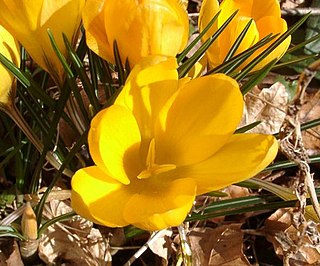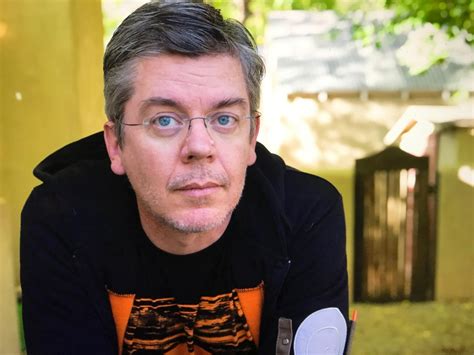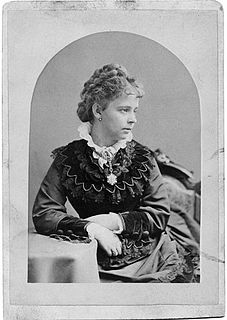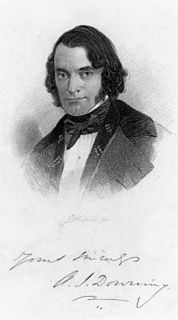A Quote by Edward Augustus Bowles
One of the greatest virtues of gardening is this perpetual renewal of youth and spring, of promise of flower and fruit that can always be read in the open book of the garden, by those with an eye to see, and a mind to understand.
Related Quotes
We say that flowers return every spring, but that is a lie. It is true that the world is renewed. It is also true that that renewal comes at a price, for even if the flower grows from an ancient vine, the flowers of spring are themselves new to the world, untried and untested. The flower that wilted last year is gone. Petals once fallen are fallen forever. Flowers do not return in the spring, rather they are replaced. It is in this difference between returned and replaced that the price of renewal is paid. And as it is for spring flowers, so it is for us.
I think gardening is nearer to godliness than theology. True gardeners are both iconographers and theologians insofar as these activities are the fruit of prayer 'without ceasing.' Likewise, true gardeners never cease to garden, not even in their sleep, because gardening is not just something they do. It is how they live.
Transitions are a part of life, allowing for perpetual renewal. When you experience the end of one chapter, allow yourself to feel the emotions of loss and rebirth. A bud gives way to a new flower, which surrenders to the fruit, which gives rise to a seed, which yields a new sprout. Even as you ride the roller coaster, embrace the centered internal reference of the ever-present witness.
We were enclosed, O eternal Father, within the garden of your breast. You drew us out of your holy mind like a flower petaled with our soul's three powers and into each power you put the whole plant, so that they might bear fruit in your garden, might come back to you with the fruit you gave them. And you would come back to the soul, to fill her with your blessedness. There the soul dwells like the fish in the sea and the sea in the fish.
Those who read books cannot understand the teachings and, what's more, may even go astray. But those who try to observe the things going on in the mind, and always take that which is true in their own minds as their standard, never get muddled. They are able to comprehend suffering, and ultimately will understand Dharma. Then, they will understand the books they read.
God Almighty first planted a Garden. And indeed it is the purest of human pleasures. It is the greatest refreshment to the spirits of man, without which buildings and palaces are but gross handiworks. And a man shall ever see, that when ages grow to civility and elegancy, men come to build stately sooner than to garden finely, as if gardening were the greater perfection.
If, I can someday see M. Claude Monet's garden, I feel sure that I shall see something that is not so much a garden of flowers as of colours and tones, less an old-fashioned flower garden than a colour garden, so to speak, one that achieves an effect not entirely nature's, because it was planted so that only the flowers with matching colours will bloom at the same time, harmonized in an infinite stretch of blue or pink.






































